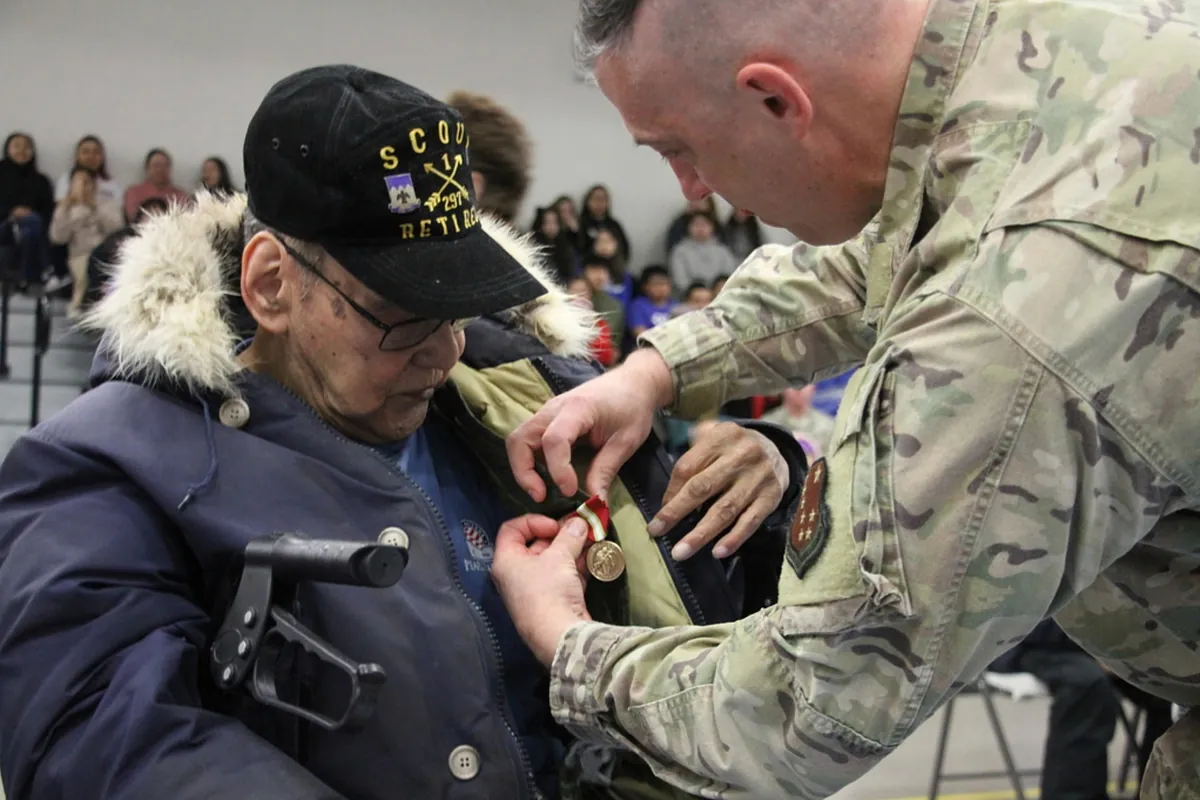

Veterans who receive a 90% disability rating from the Department of Veterans Affairs (VA) may qualify for additional compensation if they have dependents.
The VA assigns disability ratings based on the severity of a veteran’s service-connected condition, which determines monthly compensation and access to benefits such as health care, education assistance, and more.
Sydney Thomas turns heads again as viral ring girl’s rise shows no signs of slowing down
Monthly compensation for dependents
A 90% rating is among the highest levels of disability benefits, significantly impacting not only the veteran but also their family.
Because a veteran’s disability status directly influences financial support for dependents, understanding available compensation is crucial.
The amount a veteran receives each month depends on various factors, including the number of dependents and whether they have a spouse, children, or dependent parents.
Additionally, veterans at this rating level are placed in VA Health Care Priority Group 1, granting them access to comprehensive medical care without copays.
Veterans with a 90% disability rating receive a base monthly payment, which increases if they have dependents.
As of 2025, the standard monthly compensation for a single veteran at this rating is $2,425.96.
However, this amount changes based on family status:
- Veteran with one child: $2,425.96
- Veteran with spouse and one child: $2,630.96
- Veteran with spouse, one child, and one dependent parent: $2,784.96
- Veteran with spouse, one child, and two dependent parents: $2,938.96
- Veteran with one child and one dependent parent: $2,579.96
- Veteran with one child and two dependent parents: $2,733.96
Additionally, veterans receive extra compensation for each additional child.
For children under 18, the increase is $95 per child, while dependent children over 18 who are in school qualify for an additional $308 per month.
Beyond monthly compensation, dependents of veterans with a 90% disability rating may also benefit from the veteran’s priority status in the VA health care system.
Veterans in Health Care Priority Group 1 receive free medical care, including preventive services, mental health care, and emergency treatment at non-VA facilities.
They are also eligible for essential medical equipment, prescription medications, and specialized care such as dental services, eyeglasses, and hearing aids.
Updating dependency status
Veterans must inform the VA of any changes to their dependents to ensure they receive the correct compensation.
This includes reporting events such as marriage, divorce, the birth or adoption of a child, or becoming a caregiver for a parent who qualifies under VA income limits.
Failing to update this information could result in overpayments or underpayments, affecting the veteran’s financial stability.
Understanding the compensation and benefits available for dependents at a 90% disability rating helps veterans maximize their benefits and ensure their families receive the support they deserve.
By staying informed and updating their status with the VA, veterans can access the full range of financial and medical benefits designed to assist them and their loved ones.
This news was originally published on this post .











Be the first to leave a comment